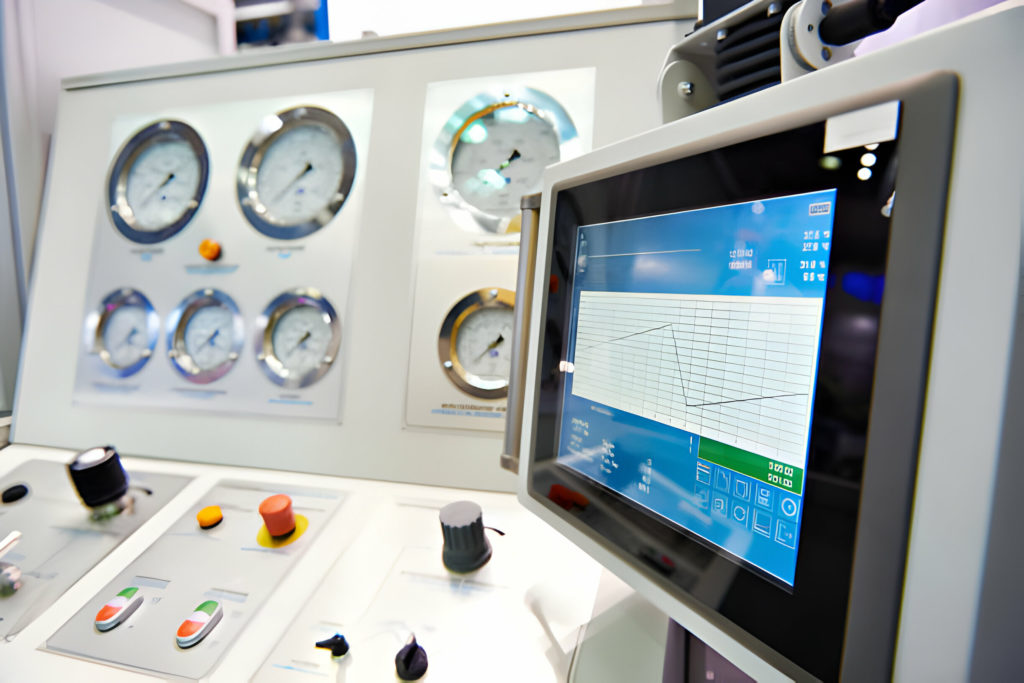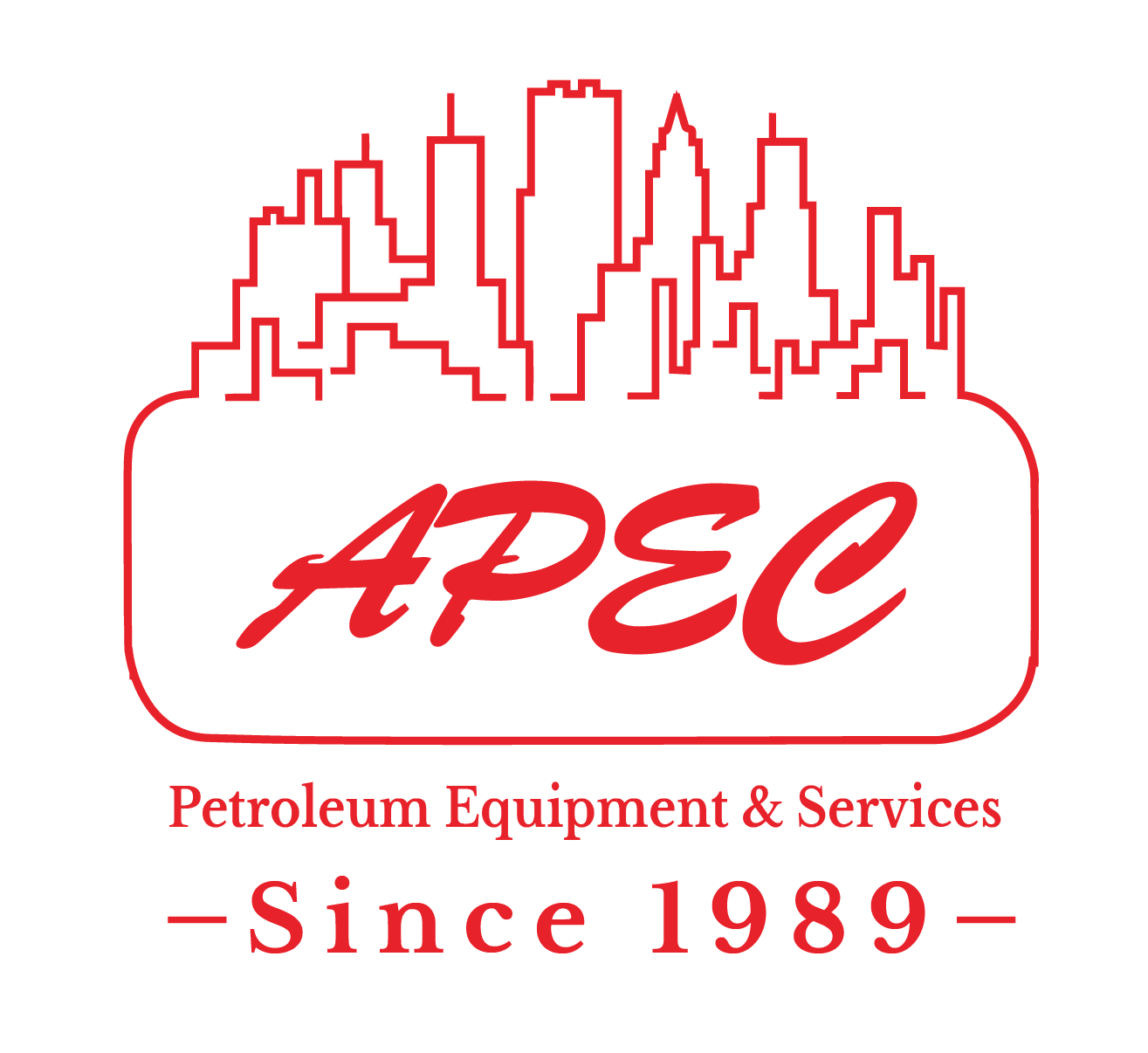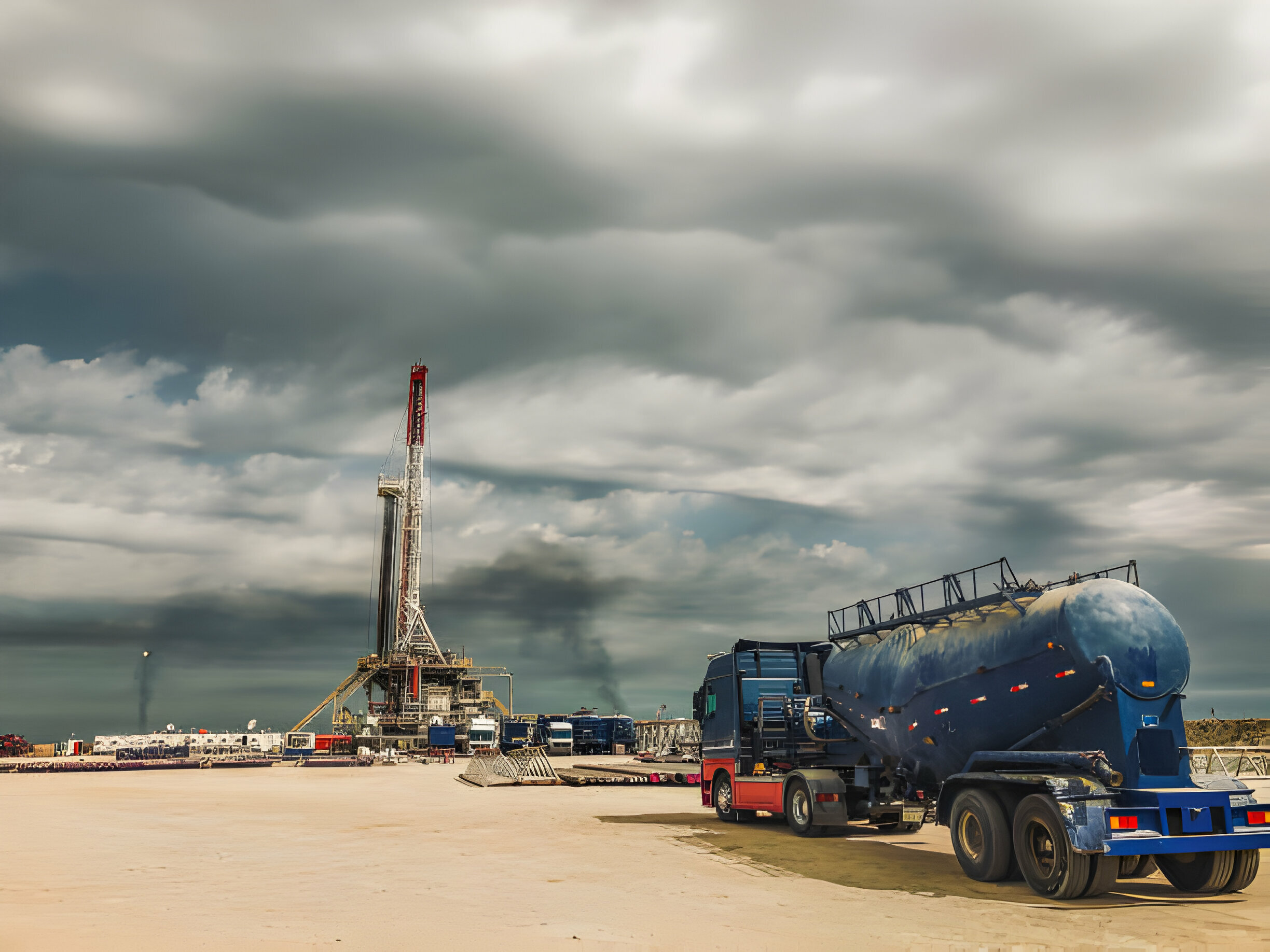Technology Used in the Petroleum Industry
The petroleum industry is essential in our daily lives as it powers our transportation, industries and businesses. Technology plays a vital role in the petroleum industry, enabling efficient exploration, extraction, refining, and distribution of petroleum products.
In this article, we will discuss the technological advancements that have revolutionised the oil and gas industry.
- Automation
- Data Collection and Analysis
- Advanced Sensors and Systems
- Security Systems
- Predictive Analytics
APEC A Petroleum Equipment Company – Your Top Choice One-Stop Shop
Automation in the Petroleum Industry
The significant advancement used in the petroleum industry is automation. Automation plays a crucial role in improving safety, efficiency and productivity. It enables real-time production data analysis, allowing proactive maintenance, which helps to streamline smooth operations.
Benefits Of Automation
The benefits of automation in the petroleum industry are given below:
- Cost Effective: Automation is cost-effective because it reduces labour costs and human-induced mistakes and speeds up operations.
- Enhanced Safety: Automation in the petroleum industry creates a safer environment by allowing automated systems to take over dangerous tasks that reduce human involvement in risky situations.
- Enhanced Decision-making: Insights from real-time monitoring and analysis of production data help operators stay updated and make informed decisions.
Data Collection and Analysis in the Petroleum Industry
Data collection and analysis play an important role in the petroleum industry. They help us to understand the operations and make informed decisions. The oil and gas sector handles a vast amount of data on a daily basis. To analyse this data, they strive to find new solutions. They utilise several sensors and the Earth’s RFID infrastructure to collect data, which allows efficiency, safety and profitability.
Benefits Of Data Collection and Analysis
Data collection and analysis in the oil and gas industry are beneficial; they can enhance efficiency, safety, and sustainability. Let’s dive into the benefits of data collection and analysis:
- Data collection and analysis increase operational efficiency and save costs.
- It helps to make faster decisions based on facts and real-time data, such as drilling locations or managing inventory levels.
- By analysing data, we identify potential risks, operational conditions, and equipment performance that enhance safety.
- They also help to increase profitability by identifying cost-reduction opportunities, making better decisions and boosting productivity.
Advanced Sensors and Systems in the Petroleum Industry
Advanced sensors and systems play a crucial role in collecting data in the petroleum industry. These sensors monitor the conditions of pipelines and collect real-time data to ensure the safe transportation of petroleum products. These sensors and systems also detect all sorts of parameters such as temperature, pressure leaks, flow rates and corrosion to identify potential problems before they occur, which reduces maintenance costs and improves safety

Security Systems in the Petroleum Industry
Security systems in the petroleum industry encompass a range of technologies and solutions to safeguard assets, ensure safety, and prevent unauthorised access. These security systems are essential in exploring, extracting, refining, and transporting petroleum resources.
A robust security system is important for companies to maintain a secure environment for employees, communities and overall industry.
Technological Advancements in Security Systems
The petroleum industry faces numerous security challenges, including theft, vandalism, organised crime, etc. In this potentially hazardous environment, the installation of a security system is necessary. Here are some aspects of technological advancements in security systems are given below:
- The CCTV Surveillance systems in the petroleum industry detect security breaches and monitor critical areas. It is strategically placed throughout various locations.
- Access control systems are essential for security. These systems restrict access to sensitive areas using electronic access control devices like card readers, biometric scanners, or identification methods.
- Intrusion detection systems are smart security guards. It uses advanced technologies like sensors and alarms to alert unauthorised entry or activity.
- Install fire and gas detection and emergency shutdown system. The fire and gas detection system uses sensors to quickly detect signs of fire and dangerous gases in the air. The emergency shutdown system shuts down the systems in case of threats.
Predictive Analytics in the Petroleum Industry
Predictive analysis is an advanced technology that analyses vast amounts of historical and real-time data to gain insights. It helps us to understand future trends, risks and performances that enhance decision-making and effectively streamline operations.
Applications of Predictive Analytics in the Petroleum Industry
Predictive analytics has various applications that enhance safety, efficiency and sustainability. Let’s explore its applications:

Predictive Maintenance
The petroleum industry is the backbone of our economy and relies on multiple machines like oil compressors, drilling rigs, transport equipment and many others. These machines are crucial and need regular maintenance for good efficiency. So, predictive maintenance is important to identify potential issues before they become major problems.
Reservoir Management
Predictive analytics enables us to predict potential hydrocarbon reservoirs by analysing seismic data from multiple sources, such as historical production records, well logs, and geological information. This allows companies to predict drilling locations and minimise exploration risks accurately.
Optimise Energy Consumption
Predictive analytics is crucial to optimise energy consumption in the oil and gas industry. By analysing data, companies can make informed decisions about market demand and supply policies. This helps to make effective policies to manage energy consumption.





